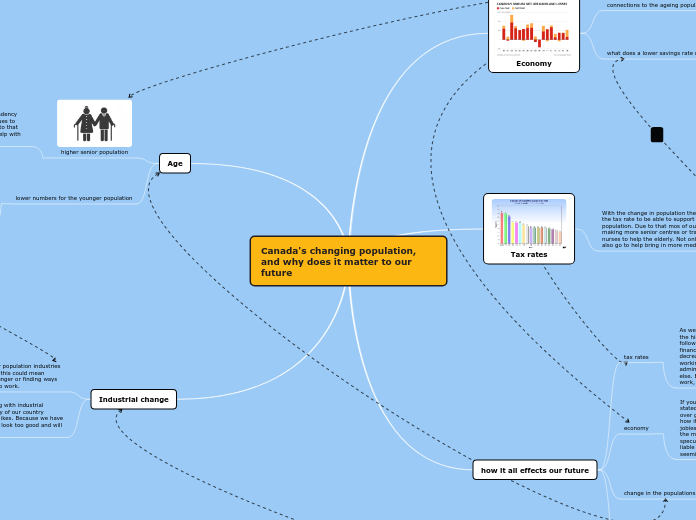by Nagi Rajdeep 5 years ago
473
Canada's changing population, and why does it matter to our future

by Nagi Rajdeep 5 years ago
473

More like this